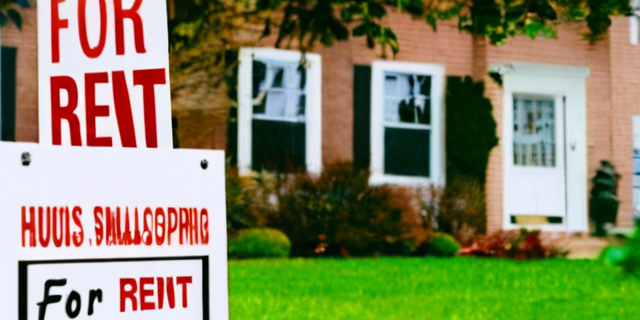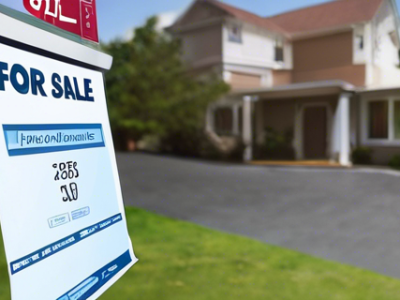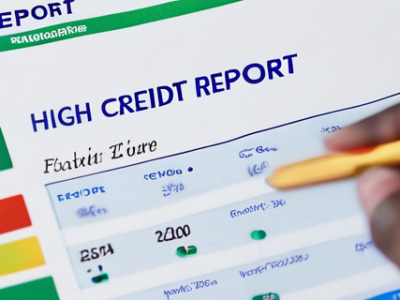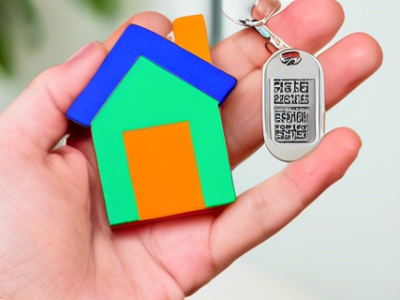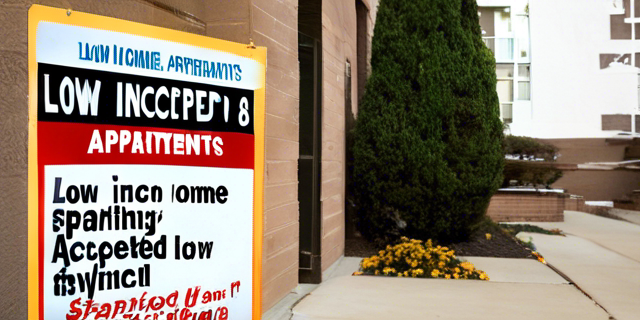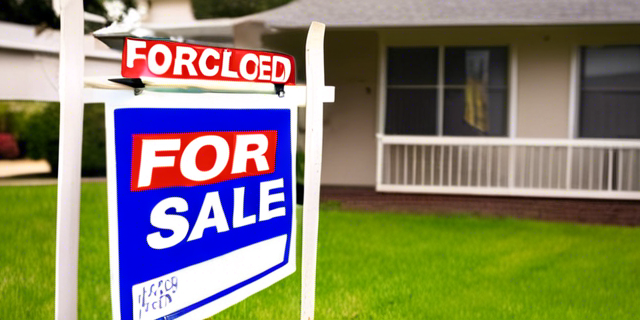Home Improvement Grants for Elderly and Disabled

Home Improvement Grants for Elderly and Disabled
Elderly and disabled homeowners face unique challenges when it comes to maintaining and improving their homes. As we age, mobility becomes more difficult and completing routine household tasks like yardwork, cleaning gutters, and making repairs can be physically taxing or even hazardous. Fortunately, many government and nonprofit programs provide grants and funding opportunities specifically aimed at helping senior citizens and people with disabilities make necessary home modifications.
Types of Home Improvements Covered

Home Improvement Grants for Elderly and Disabled
There are grants available to help elderly and disabled homeowners make all kinds of upgrades and changes to their houses. Some of the most common home improvement projects funded include:
Accessibility Modifications
One major category of home improvements involves modifications like:
- Installing wheelchair ramps
- Widening doorways for wheelchair access
- Upgrading to larger showers and bathtubs
- Adding grab bars and handrails
- Improving lighting and floor surfaces
These changes help improve mobility and allow people to more easily and safely perform everyday tasks.
Health and Safety Upgrades
Grants can also help fund updates like:
- Fixing old electrical wiring
- Replacing heating and AC systems
- Improving insulation and weatherproofing
- Installing smoke detectors and alarms
- Eliminating fall hazards like loose carpeting
Such improvements enhance overall wellbeing and security.
Exterior and Structural Repairs
Finally, grants help homeowners afford major projects like:
- Re-siding and roof replacement
- Fixing porous foundations
- Rebuilding crumbling chimneys
- Repaving cracking driveways
- Pruning overgrown trees near the home
These exterior and structural repairs maintain the integrity of the home.
Common Providers of Home Improvement Grants

Home Improvement Grants for Elderly and Disabled
There are a few major sources that provide home improvement grants specially tailored to meet the needs of elderly and disabled residents.
Federal Government Grant Programs
Several federal agencies like the Department of Housing and Urban Development (HUD) and Veterans Affairs offer grants and low-interest loans for accessibility remodels and health-related upgrades. Most programs are income-based and give funding priority to low-income applicants.
State and Local Governments
In addition to federal options, many state housing agencies and city community development departments have special assistance funds for necessary home repairs. These programs help pick up where federal grants leave off and serve more middle-income elderly and disabled homeowners.
Nonprofit Organizations
Finally, various nonprofit groups and charities provide home improvement grants. For example, groups like Rebuilding Together, Habitat for Humanity, and The Home Depot Foundation partner with volunteers to assist elderly, disabled, and veteran homeowners with maintenance and repairs.
Eligibility Requirements for Home Improvement Grants
While specific eligibility rules differ across programs, most home improvement grants for elderly and disabled have a few general requirements:
Home Ownership
Nearly all programs require applicants to own and occupy the home needing repairs. Renters are generally not eligible.
Residency Status
Most grants require recipients to be permanent legal residents within the United States.
Financial Need
Since grants provide free financial assistance, applicants must demonstrate economic hardship and an inability to fund repairs alone. Specific income thresholds apply.
Age and Disability
Grant recipients must be elderly, defined as 60+ years old in most programs, or have a documented disability recognized by the Social Security Administration. Proof of age or disability is typically required.
Property Taxes and Insurance
Applicants also must have up-to-date property taxes and homeowner’s insurance to qualify for most programs. delinquent accounts or lack of insurance may disqualify applicants.
How to Apply for Home Improvement Grants
If you meet eligibility rules, follow these steps to seek home improvement funding:
Identify Needed Repairs
First, make a list of projects, getting contractor quotes for larger repairs. This helps estimate costs and clarify work required.
Research Available Grant Programs
Next, search for grants suited to your needs and eligibility. Catalog grant details like maximum awards, household income limits, and application deadlines.
Gather Required Documentation
You will need to submit items verifying identity, home ownership, age/disability status, income, residency, and insurance coverage. Start compiling needed paperwork.
Complete Applications Thoroughly
Follow all instructions carefully, accurately filling in each section. Supplement with required documents. Submit applications before specified deadlines.
Await Funding Decisions
Finally, grant administrators will contact you regarding award decisions and next steps. Funds may distribute directly to homeowners or contractors once work is approved.
While not guaranteed due to high demand, home improvement grants can make critical home repairs possible for older adults and people with disabilities struggling to manage expenses. With some research and planning, you can access these benefits.
Commonly Asked Questions About Home Improvement Grants for Elderly and Disabled
Below are answers to a few frequently asked questions about home improvement grant programs for elderly and disabled homeowners:
What Repairs Do the Grants Typically Cover?
Common projects funded by grants include wheelchair ramp and grab bar installation, doorway widening, kitchen/bath remodels improving accessibility, electrical and HVAC upgrades, exterior repairs like new roofs or siding, and more.
How Much Money Can I Get From a Home Improvement Grant?
Grant amounts vary greatly by program, from several hundred to tens of thousands of dollars. Budgets depend on factors like income level, repair extent, and funding availability. Many require homeowners to contribute a percentage toward project costs.
Where Does the Grant Money Come From?
Home improvement grants derive from government allocations, non-profit charitable giving, corporate philanthropic efforts, and other public/private partnerships aimed at assisting vulnerable elderly and disabled populations maintain safe, habitable housing.
What Restrictions or Rules Are Placed on How I Spend Grant Money?
Grant programs detail approved uses for awarded funds, typically limiting spending to pre-determined necessary repairs related to health/safety and accessibility. Work must also comply with state and local building codes and zoning laws. Strict oversight governs distribution from grantees to contractors.
How Can I Improve My Chances of Getting Approved for a Home Improvement Grant?
Tips for increasing odds of success include clearly detailing repair needs, getting multiple contractor estimates, gathering all required financial/demographic documentation, calculating precise project costs, demonstrating dire need, and having favorable credit/background checks. Also apply early, as some grants are first come, first served.
Conclusion
Maintaining and improving a home becomes increasingly difficult with age and disability. Fortunately home improvement grants ease the financial burden for vulnerable populations struggling with mobility limitations and fixed incomes. Multiple government, nonprofit and community assistance programs provide aid, prioritizing necessary repairs that allow elderly and disabled homeowners to preserve independence and remain living safely in their houses as long as possible.
If you or a loved one need help funding critical home modifications, research available grants, evaluate eligibility, and complete comprehensive applications. With persistence and planning, vital assistance is within reach, helping ensure your needs are met



